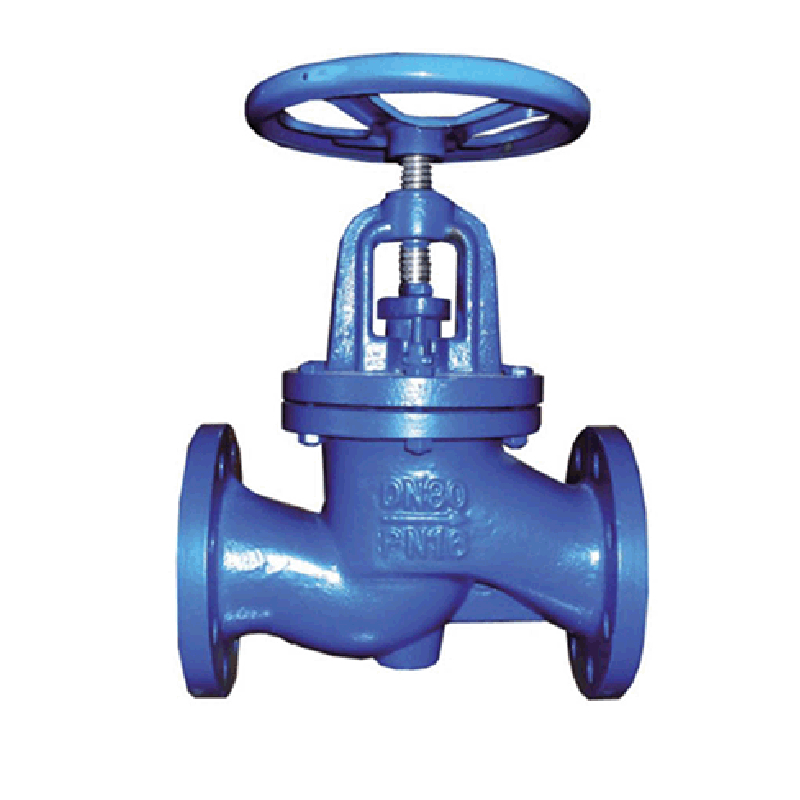Dec . 11, 2024 10:59 Back to list
Understanding ANSI Gate Valves and Their Applications in Industry Use
Understanding ANSI Gate Valves An Essential Component in Fluid Control
Gate valves play a crucial role in various industries, functioning as a reliable means of regulating the flow of fluids within pipelines. Among the different standards used globally, the ANSI (American National Standards Institute) standard is one of the most prevalent for gate valves. This article will explore ANSI gate valves, their construction, applications, benefits, and important considerations for their use.
What is an ANSI Gate Valve?
An ANSI gate valve is a type of valve that uses a gate mechanism to start or stop the flow of liquid or gas through a pipe. Unlike other valves, such as globe valves or ball valves, a gate valve opens and closes fully. When the gate is lifted, the flow path is completely open, providing minimal resistance and ensuring maximum flow. ANSI gate valves are designed to meet specific pressure and temperature ratings as defined by ANSI standards, ensuring they can withstand the demanding conditions often encountered in industrial settings.
Construction and Design
ANSI gate valves are typically made from various materials, including cast iron, stainless steel, and brass, depending on their intended application. The construction usually involves several key components
1. Body The main structure that contains the flow medium. 2. Gate A flat, rectangular disk that moves up and down to control flow. When opened, the gate fully retracts into the body, allowing fluid to pass through without obstruction. 3. Stem Connected to the gate, the stem transfers the operator's movement to the gate. 4. Handwheel or Actuator This provides the means to manually or automatically operate the valve.
ANSI gate valves are available in different classes, including Class 150, Class 300, and Class 600, which indicate their pressure-temperature rating. This classification is essential when selecting a valve for a particular application to ensure safety and efficiency.
Applications of ANSI Gate Valves
ansi gate valve

ANSI gate valves are versatile and find application across various fields, including
- Water Supply Systems Used to control water flow in municipal water pipelines. - Oil and Gas Industry Essential for controlling the flow of crude oil, natural gas, and refined products in pipelines and processing plants. - Chemical Processing Employed in chemical plants to handle a wide range of corrosive and non-corrosive fluids. - Power Generation Used in power plants for steam and cooling water systems.
These valves are especially beneficial in applications where a straight-line flow of fluid is necessary, and minimal pressure drop is desirable.
Benefits of Using ANSI Gate Valves
1. Low Flow Resistance When fully open, gate valves provide a clear passage for fluids, resulting in minimal pressure loss. 2. Reliability ANSI gate valves are designed to be durable and able to withstand high pressures and temperatures, making them reliable for industrial applications. 3. Versatility They can be used for a variety of mediums, including water, oil, steam, and chemicals. 4. Ease of Operation With options for manual or automatic operation, they can be easily integrated into existing systems.
Considerations for Use
While ANSI gate valves are highly effective, there are several considerations to keep in mind. They are generally not suitable for throttling applications because partially open gate valves can suffer from turbulence and excessive wear. Maintenance is also critical, as regular inspections can help identify potential issues before they lead to valve failure. Additionally, the correct sizing of the valve is paramount; an improperly sized gate valve can lead to inadequate flow control or system inefficiencies.
Conclusion
ANSI gate valves are an integral component in fluid control systems across multiple industries. Their design, reliability, and efficiency make them a preferred choice for applications requiring reliable on-off flow control. Understanding the specifications and applications of these valves ensures that industries can optimize their operations, maintain safety standards, and achieve longevity in their equipment. Whether in water supply systems, oil and gas pipelines, or chemical processing plants, ANSI gate valves will continue to play a vital role in fluid management.
Share
-
Reliable Wafer Type Butterfly Valves for Every IndustryNewsJul.25,2025
-
Reliable Flow Control Begins with the Right Ball Check ValveNewsJul.25,2025
-
Precision Flow Control Starts with Quality ValvesNewsJul.25,2025
-
Industrial Flow Control ReliabilityNewsJul.25,2025
-
Engineered for Efficiency Gate Valves That Power Industrial PerformanceNewsJul.25,2025
-
Empowering Infrastructure Through Quality ManufacturingNewsJul.25,2025